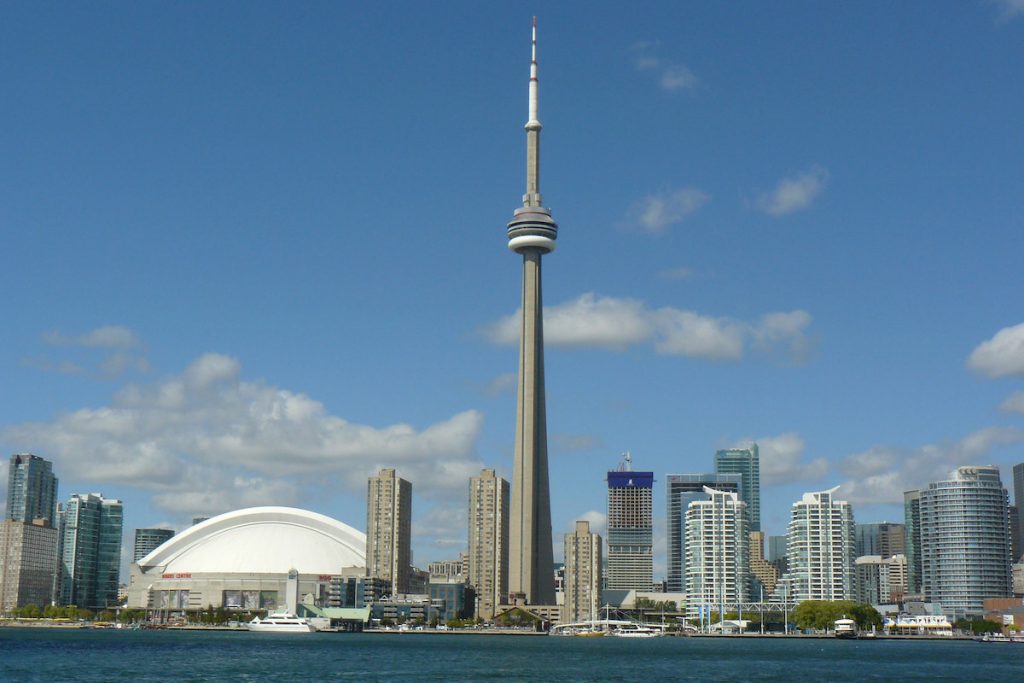Tata Group-backed Indian Hotels Company (IHCL) reported what Puneet Chhatwal, its managing director and CEO, called the best first quarter in the company’s history.
The hotel brand reported strong free cash flows of almost $25 million and net cash positive of $33 million in its consolidated and standalone financials for the first quarter ending June 30, 2022.
A surge in demand across markets and segments, with occupancy and rates exceeding pre-Covid levels and backed by an asset-light model, Indian Hotels Company achieved a milestone earnings before interest, taxes, depreciation, and amortization of $51 million, compared to a loss of $15.5 million in the same quarter last year, said Chhatwal.
The company reported a profit after tax of $21 million against only $750,000 in 2019-20.
“The trend is very positive in India and we have outperformed in almost every market on the domestic front, except for a marginal lag in Rajasthan,” Chhatwal said.
With revenue per available room levels exceeding that of the first quarter of 2019-20 in Indian metropolitan cities, Chhatwal, said, “The cities of Mumbai, Bengaluru and New Delhi are back.”
Mumbai Bengaluru and Delhi are also important for the hotel brand as it has owned or licensed assets in these cities. “We account for those revenues and a change in the revenue numbers has a significant impact on our portfolio and our performance,” Chhatwal said.
The company has signed 10 new hotels in the first quarter, with three hotels each under the Taj and Ginger brands, and two hotels each under the SeleQtions and Vivanta brands, and expects to sign 15 more for the rest of the year.
With its presence in over 100 locations in India, Indian Hotels Company has further strengthened its pan-India footprint with the opening of four new hotels in the current fiscal.
“So our pan India footprint is stronger and is getting even further stronger as each month and each quarter goes by through our aggressive asset-light growth strategy that has been in place,” Chhatwal said, adding that the asset-light model is not only driving growth, but is also helping the brand find the right balance which is in line with its Ahvaan 2025 strategy.
Even as IHCL is getting ready to launch a new website and a new mobile app, the hospitality brand is clear that the backbone of the company was, is and in the foreseeable future remains the Taj.
“We are very clear that all brands associated directly or indirectly with the Taj are perceived as premium brands in their respective segment,” Chhatwal said during the first quarter earnings call.
“One thing which we have been very careful about in the last few years is the premiumization of our portfolio. Any business that we enter in we want our offering to be in the premium level in their relative positioning.”
The company’s long-term growth will also focus significantly on digital enablers such as the super app — Tata Neu. “The Tat Neu integration has enabled us to get one million new members in four months and a 50 percent growth in our loyalty base,” Chhatwal said.
